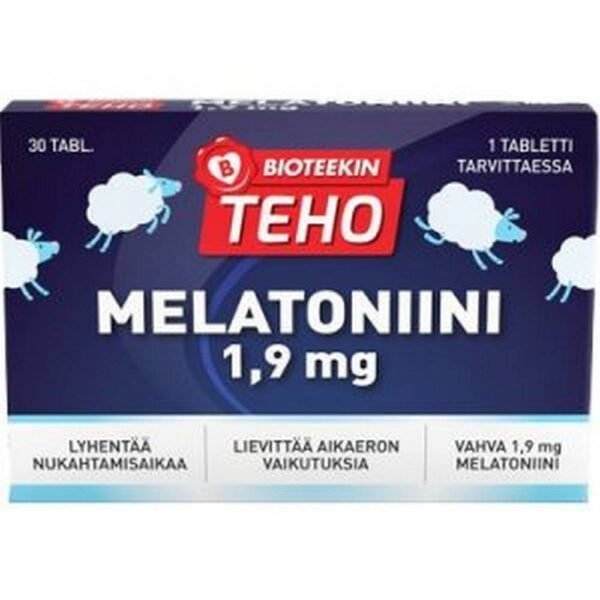The body cannot produce the vitamins of the B complex itself and can only store them to a limited extent. They play a role in normal energy metabolism, in blood formation and contribute to the normal functioning of the nervous system.
Vitamin B1, pantothenic acid and niacin contribute to the normal energy metabolism; Vitamin B1, vitamin B2 and vitamin B6 are involved in the normal functioning of the nervous system. Pantothenic acid contributes to mental performance.
Folic acid and vitamin B12 play a role in normal blood formation, are important for the development of genetic material and cell division and thus for the continuous regeneration process of the organism. Folic acid also contributes to the growth of maternal cell tissue during pregnancy. Vitamin B6, vitamin B12 and folic acid complement the normal homocysteine metabolism. Homocysteine occurs in the protein metabolism. Niacin, vitamin B2, vitamin B6 and vitamin B12 can help reduce tiredness and fatigue.
Die Vitamine des B-Komplexes kцnnen vom Kцrper nicht selbst gebildet und nur in begrenztem Umfang gespeichert werden. Sie spielen eine Rolle im normalen Energiestoffwechsel, bei der Blutbildung und tragen zur normalen Funktion des Nervensystems bei.
Vitamin B1, Pantothensдure und Niacin haben einen Anteil am normalen Energiestoffwechsel; Vitamin B1, Vitamin B2 und Vitamin B6 sind an der normalen Funktion des Nervensystems beteiligt. Pantothensдure trдgt zur geistigen Leistung bei.
Folsдure und Vitamin B12 spielen eine Rolle bei der normalen Blutbildung, sind von Bedeutung fьr den Aufbau der Erbsubstanz und die Zellteilung und damit fьr den kontinuierlichen Regenerationsprozess des Organismus. Folsдure trдgt darьber hinaus zum Wachstum des mьtterlichen Zellgewebes wдhrend der Schwangerschaft bei. Vitamin B6, Vitamin B12 und Folsдure ergдnzen den normalen Homocystein-Stoffwechsel. Homocystein fдllt im EiweiЯ-Stoffwechsel an. Niacin, Vitamin B2, Vitamin B6 und Vitamin B12 kцnnen zur Verminderung von Mьdigkeit und Erschцpfung beitragen.









 For Kids
For Kids














